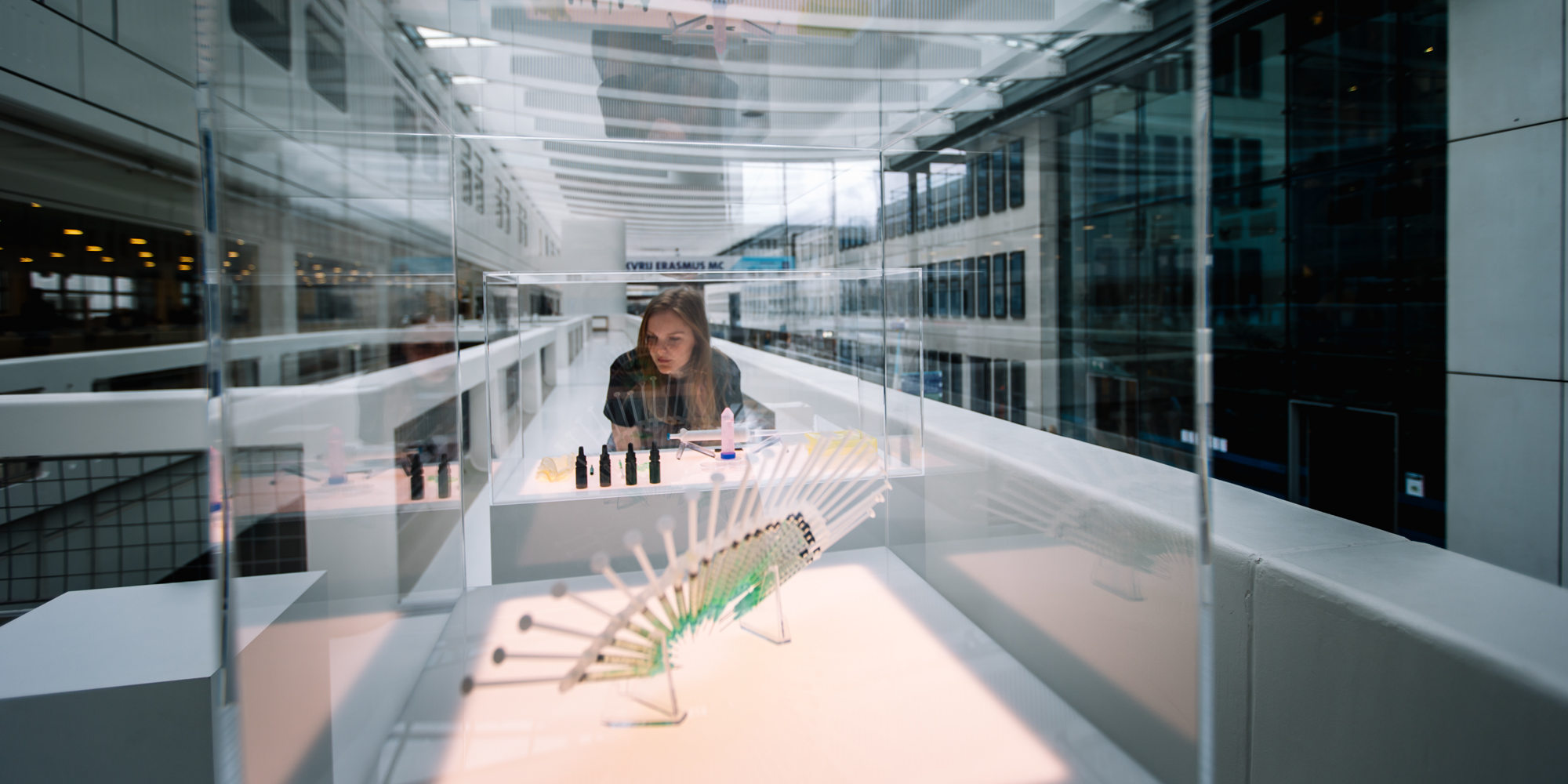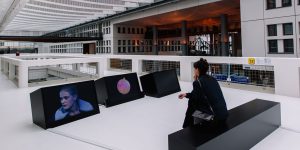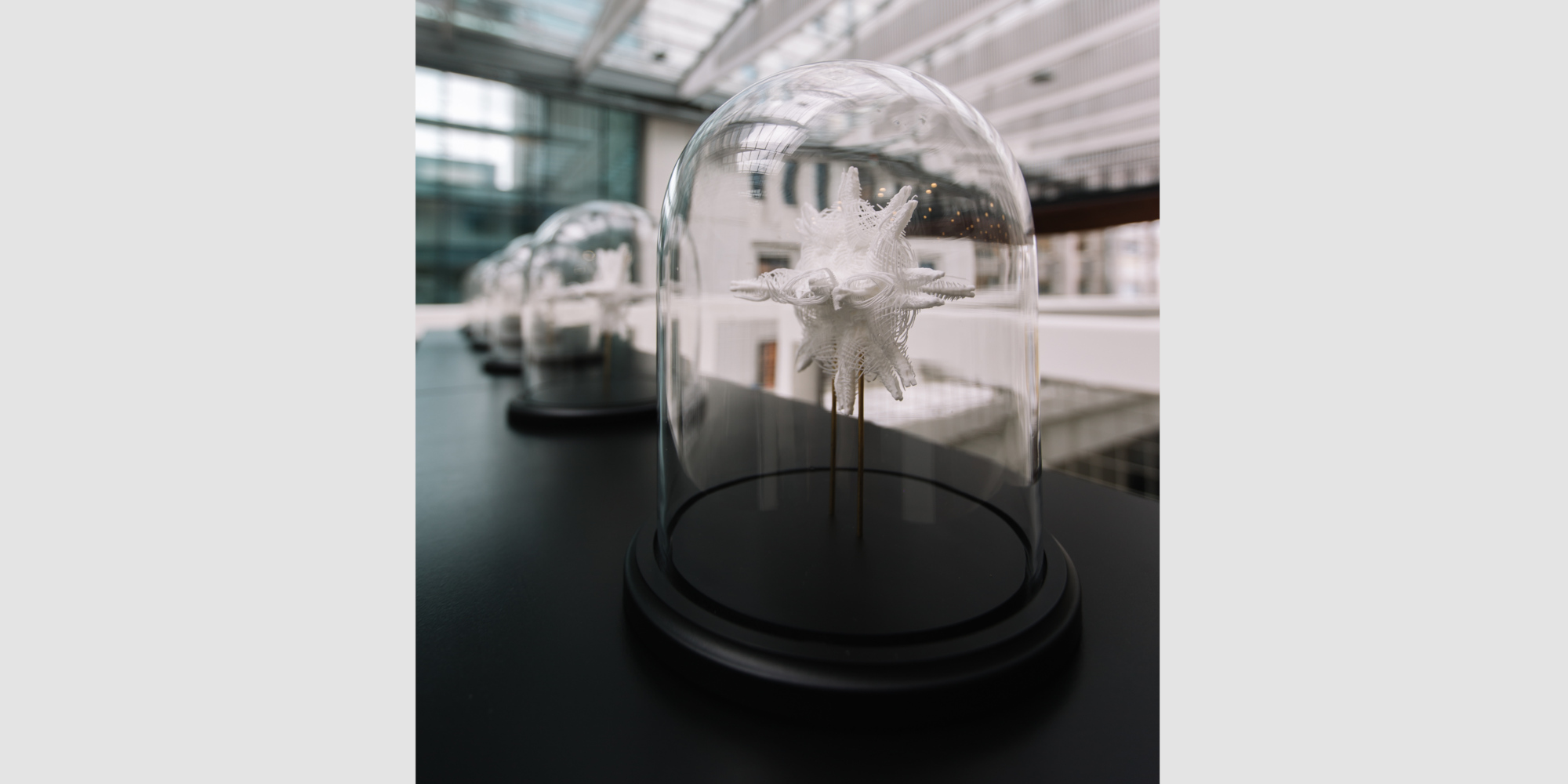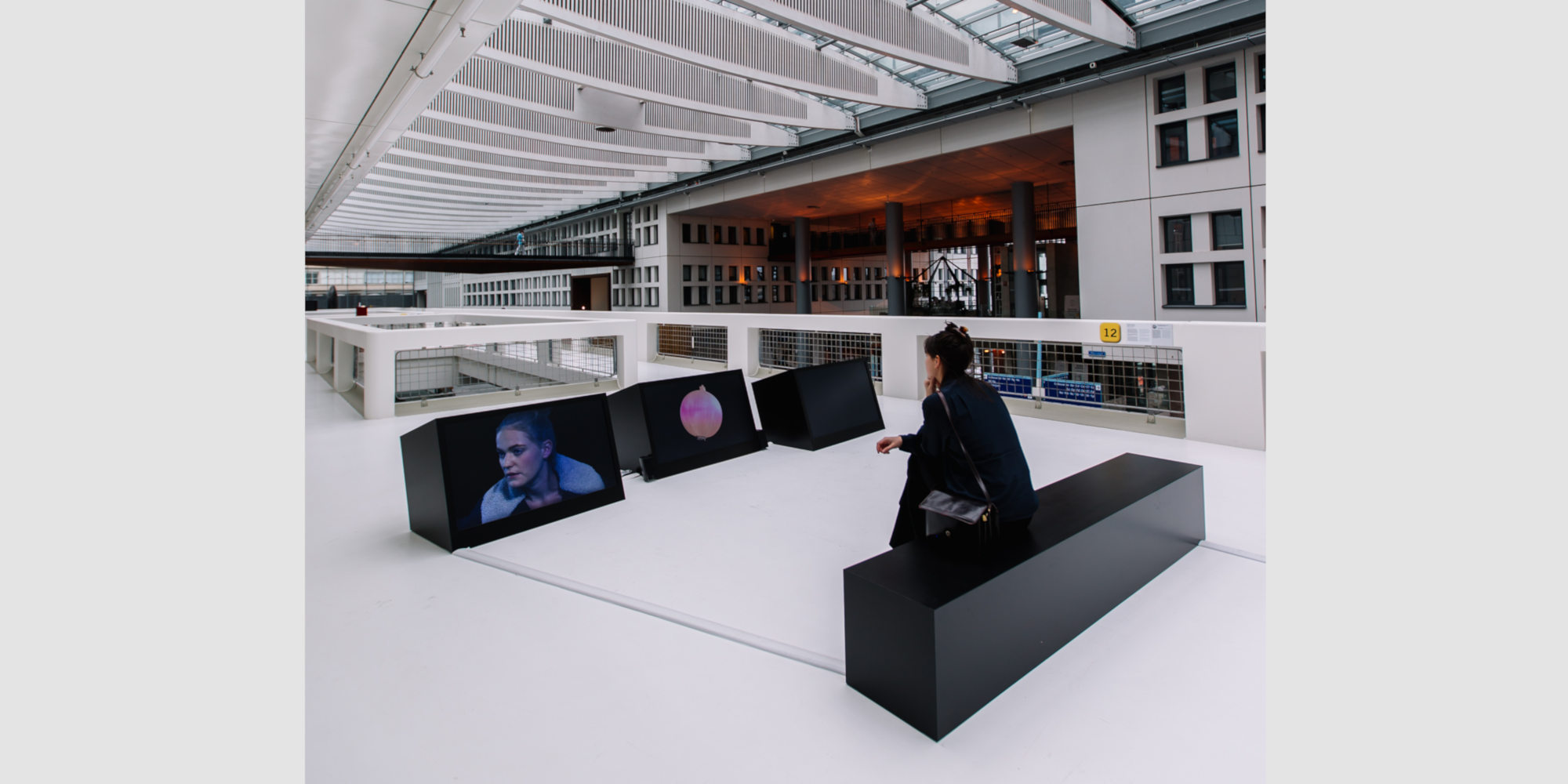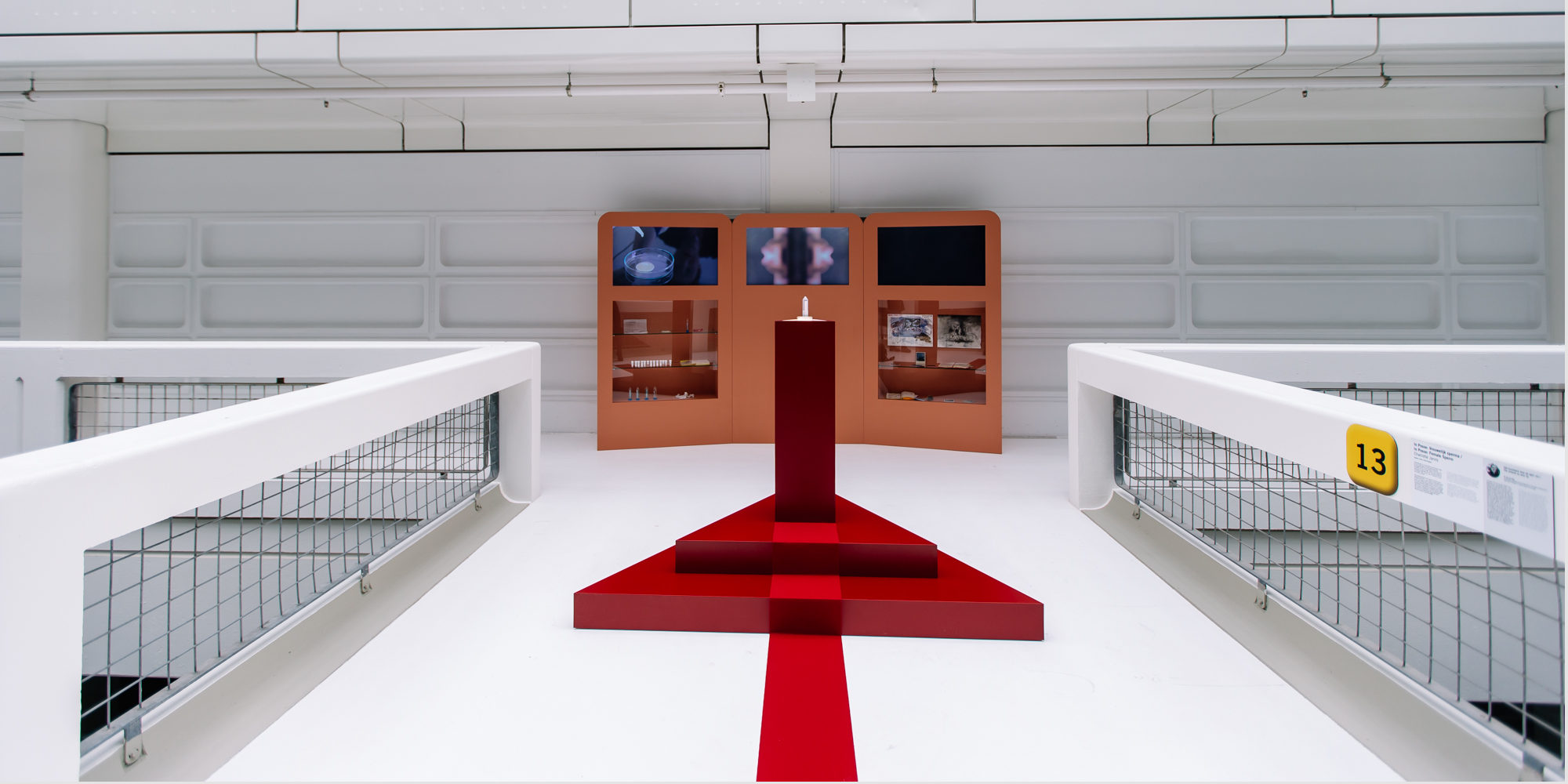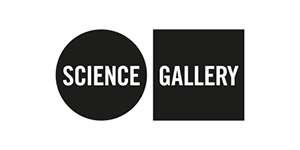The Science Gallery Garden at the Ars Electronica Festival will explore trust, technology, global challenges, arts innovation and new forms of digital storytelling. A showcase from the world’s only university network dedicated to public engagement with science and art, it will feature interactive workshops, experimental audio and visual experiences, livestreamed events and a specially-curated digital archive.
Science Gallery Rotterdam is a brand new public institution at Erasmus MC where science, art, society, education and health care meet. It will engage audiences through pop-up exhibitions and educational programs before opening its permanent site in the main building. Science Gallery Rotterdam is a platform for making scientific research more engaging and visible, offering a social space to discuss ideas, imagine the future and cultivate creativity. The gallery is part of the global Science Gallery Network of leading universities that deliver unique, transdisciplinary exhibitions that reach millions of curious and inquiring minds around the world every year in participatory and surprising ways.
(UN)REAL
What is real, and how are you sure it is so? Can you be confident in your perceptions when so many experiences are digital or influenced by the changing chemistry and architecture of your brain? Biomedical research uncovers ways that our minds and senses produce gaps between the actual and the observed. How do we navigate such ‘blind spots’, which can be exploited by trickery like fake news, but then embraced willingly to escape from reality? Researchers work to answer, as well as to complicate these questions, as we build new understanding of mental conditions such as dementia and phenomena like the placebo effect, and we advance basic research in Neuroscience. At the same time research in fields such as Genetics, Reproductive and Regenerative Medicine are promising ways to interfere with the reality of nature itself.
Science Gallery Rotterdam at Erasmus MC invites you to engage with art projects that respond to this fertile terrain between the actual and the perceived. They address topics including our self-perception, the possibility of female sperm, how the eye processes information, and the implications of a human-machine hybrid to produce food. These works of art can serve as bridges of understanding and platforms for debate, but perhaps even more important, they are welcome signs, announcing a new meeting place for research, society, art, and health care.
Video: This is The Science Gallery Network
Program
Project Credits / Acknowledgements
Science Gallery is the world’s only university network dedicated to public engagement with science and art. The Science Gallery Network consists of leading universities united around a singular mission: to ignite creativity and discovery where science and art collide. Science Gallery International is the non-profit, charitable organization catalyzing the growth of the network, providing services, tools and resources required to power and expand this unique global collaboration, which now has seven members across four continents: founding institution Trinity College Dublin (IE); King’s College London (UK); The University of Melbourne (AU); the Indian Institute of Science, Srishti School of Art Design and Technology, The National Centre for Biological Sciences (IN); Ca‘ Foscari University of Venice (IT); Michigan State University (US); Erasmus University Medical Center (NL) and Emory University (US).
